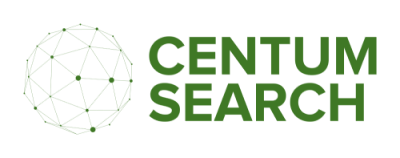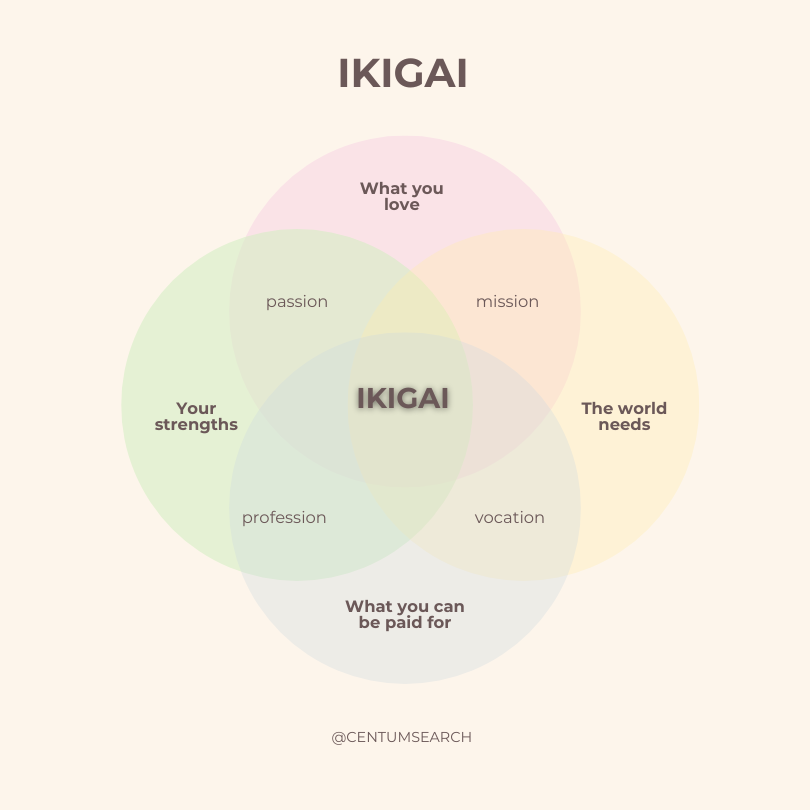Leveraging Diversity Sourcing for Inclusive Hiring
Tech and SaaS companies are rethinking talent acquisition strategies to achieve this crucial outcome - inclusive hiring. Industry leaders recognize the value of a diverse workforce that reflects the broad spectrum of backgrounds, experiences, and perspectives of their growing customer base.

As our world becomes more interconnected through globalization, having a diverse workforce is a long term strategy that can serve as a competitive advantage when it comes to prospective talent, employee advocacy and even client acquisition and retention.
Here, we explore foundational aspects of inclusive hiring by leveraging diversity sourcing to help you build a stronger workforce.
What is Inclusive Hiring?
Inclusive hiring is a transformative approach that enhances workplace diversity and drives innovation within an organization. By definition, it is the practice of minimizing bias and creating an equitable hiring process from the application to offer stage. The goal of inclusive hiring is to ensure hiring processes are accessible to individuals of varying backgrounds.
The benefit of these practices enable companies to tap into a broader pool of talent. This commitment not only boosts creativity and decision-making through a wider range of perspectives but also resonates with a global customer base, reflecting the diversity of the market itself.
The downstream impact of fostering an inclusive environment means increased employee satisfaction and retention. To optimize recruitment strategies and promote a truly inclusive culture, you can implement unbiased recruitment processes, utilize diversity-focused job boards, and provide ongoing training to ensure employee awareness of resources and benefits of a diverse and inclusive workplace.
What is Diversity Sourcing?
Diversity sourcing is one of many methods to achieve inclusive hiring, and it refers to the proactive approach of identifying, attracting, and hiring candidates from a wide range of demographic groups, including different races, ethnicities, genders, ages, sexual orientations, abilities, and socioeconomic backgrounds. The goal of diversity sourcing is to create a more inclusive and equitable workplace by ensuring that the recruitment process is open to a broad spectrum of candidates, not just those who fit a traditional or homogeneous profile.
4 Reasons Why Diversity Sourcing Will Benefit Your Company
1. Enhanced Innovation and Creativity
A diverse workforce brings together a variety of perspectives, experiences, and problem-solving approaches. This diversity of thought fosters innovation and creativity, leading to more effective solutions and better business outcomes.
Research by the Harvard Business Review found that companies with higher diversity in management earned 19% more revenue due to innovation.
2. Better Decision-Making
Research has shown that diverse teams make better decisions. When employees with varied experiences and viewpoints collaborate, they consider a wider range of options and potential impacts. This comprehensive approach leads to more informed and balanced decision-making, which can significantly enhance business performance.
A study by Cloverpop found that diverse teams make decisions 60% faster than non-diverse teams and produce better results 87% of the time.
3. Improved Employee Performance and Satisfaction
Employees who feel included and valued are more likely to be engaged and motivated. Diversity sourcing helps create an inclusive culture where all employees feel they belong, leading to higher job satisfaction, lower turnover rates, and increased productivity.
According to a report by McKinsey & Company, companies with gender-diverse executive teams were 21% more likely to outperform their peers on profitability and 27% more likely to have superior value creation.
4. Attracting Top Talent
Talented candidates are drawn to companies that prioritize diversity and inclusion. By demonstrating a commitment to diversity sourcing, organizations can enhance their employer brand and attract a broader range of high-caliber candidates who are looking for inclusive workplaces.
Glassdoor found that 67% of job seekers consider workplace diversity an important factor when considering employment opportunities.
Tips for Effective Diversity Sourcing
Expand Your Talent Pool
Actively seek out candidates from underrepresented groups by partnering with organizations, educational institutions, and professional associations that focus on diversity. Attend job fairs, networking events, and conferences that promote diversity in your industry.
Use Inclusive Job Descriptions
Review your job descriptions to ensure they are free from biased language that may deter diverse candidates from applying. Use gender-neutral language and highlight your commitment to diversity and inclusion within the company.
Leverage Technology
Utilize technology and tools designed to enhance diversity sourcing. AI-driven platforms can help identify diverse candidates and reduce unconscious bias in the recruitment process. Additionally, job boards and social media platforms that cater to specific demographic groups can be valuable resources.
Implement Unbiased Screening Processes
Standardize your screening and interview processes to minimize bias. Use structured interviews with standardized questions for all candidates, and consider implementing blind resume reviews where identifying information is removed.
Foster an Inclusive Culture
Diversity sourcing is only effective if candidates feel welcomed and included once they join the organization. Invest in diversity and inclusion training for all employees and create support networks such as employee resource groups (ERGs) to promote a sense of belonging.
In conclusion, diversity sourcing is more than just a hiring strategy; it’s a commitment to creating a more inclusive and equitable workplace. However, these practices are often time consuming and difficult to implement internally without proper training and change management.
If your organization values a diverse workplace and would benefit from inclusive hiring to enhance your current talent acquisition strategies, get in touch with Centum Search.
Centum Search is a technology and software engineering recruitment and executive search firm, specialized in diversity sourcing to ensure representation in the hiring process.
References
- Harvard Business Review. "How and Where Diversity Drives Financial Performance."
- Cloverpop. "Hacking Diversity with Inclusive Decision-Making."
- McKinsey & Company. "Delivering through Diversity."
- Glassdoor. "What Job Seekers Really Think About Your Diversity and Inclusion Stats."
Subscribe to our newsletter!
Resources for Careers, Talent Acquisition and Management



